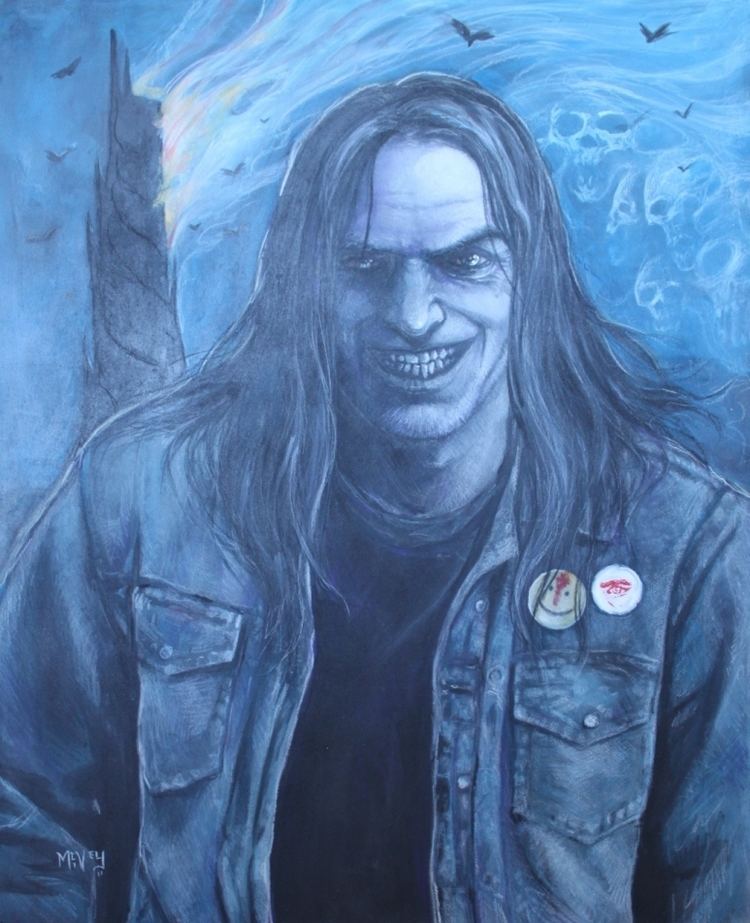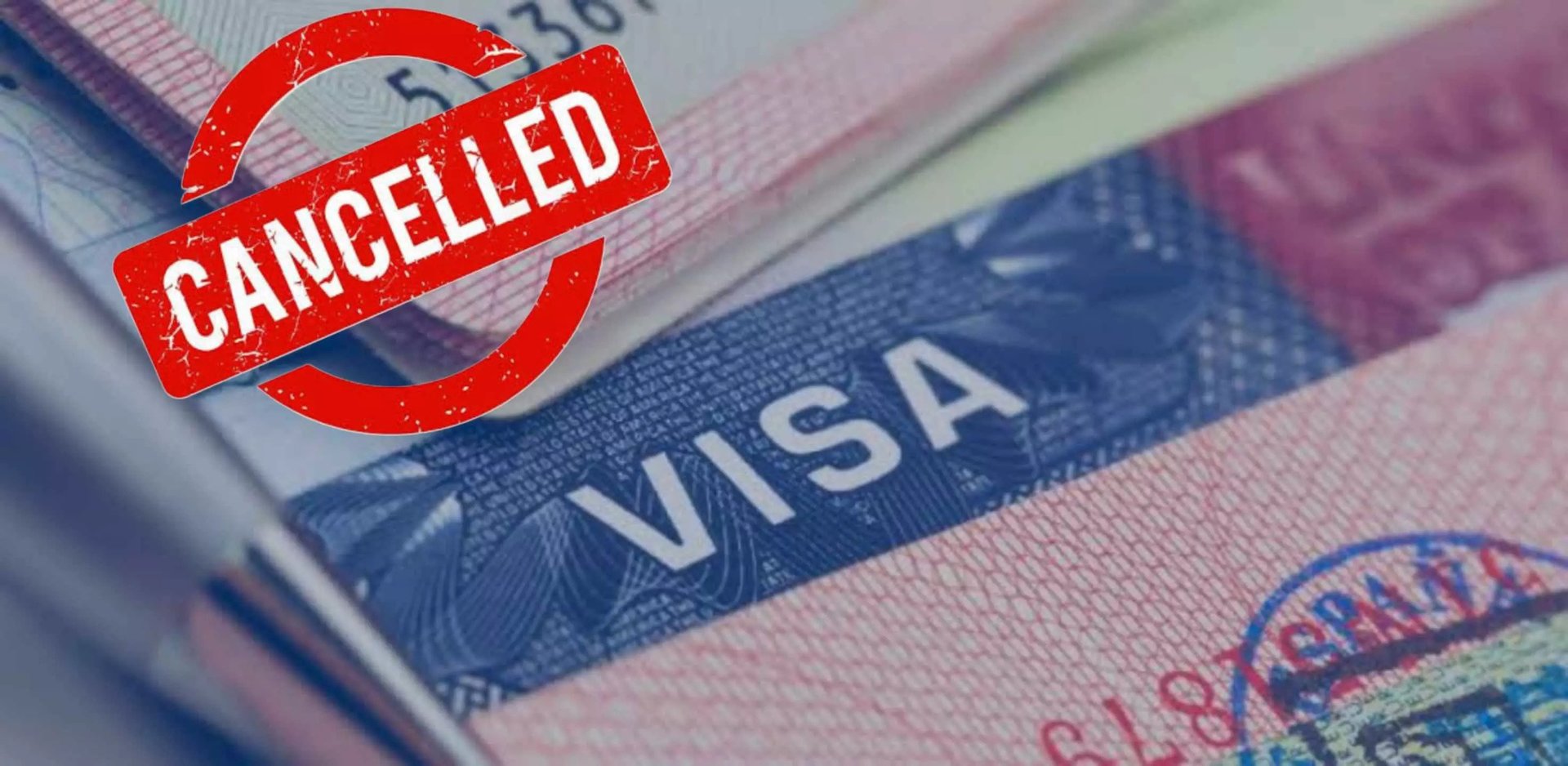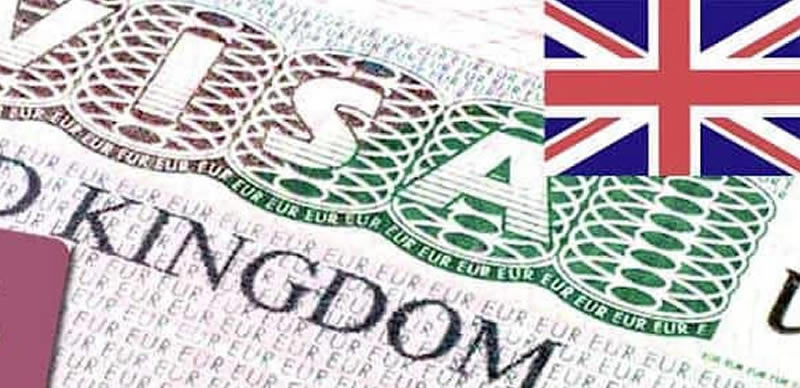Rethinking Stephen King: 4 Unconventional Randall Flagg Theories

Table of Contents
Flagg as a Necessary Evil – A Catalyst for Change
The argument: Flagg's actions, though monstrous, often inadvertently spur positive change or reveal hidden strengths in his adversaries. He's not simply a destructive force; his malevolence acts as a crucible, forging stronger, more resilient characters and societies.
-
Examples from The Stand: Flagg's presence in The Stand forces the survivors to confront their own morality and forge a stronger community in their resistance against him. The threat he poses unites disparate individuals, pushing them to overcome their differences and build a cohesive society, albeit one forged in the fires of adversity. His evil acts as a catalyst for their collective growth. This is a direct example of Randall Flagg’s influence on character development.
-
Analysis of Flagg's manipulation: Flagg's manipulation, while cruel, often highlights the weaknesses and hidden strengths of his opponents. By pushing them to their limits, he reveals their true capabilities and potential for both good and evil. This complex approach to villainy exemplifies Randall Flagg's complex motivations.
-
Discussion of the grey areas of morality: King's work frequently explores the grey areas of morality, and Flagg embodies this ambiguity. He's not simply evil; his actions are complex and often serve a purpose beyond simple malice, a purpose that allows for a deep dive into Randall Flagg's complex motivations.
Flagg as an Archetype – The Embodiment of Chaos
The argument: Flagg isn't just a character; he represents the inherent chaos and entropy present in the universe, a force beyond good and evil. He's a Jungian archetype, the Shadow self, embodying primal instincts and the untamed aspects of human nature.
-
Connections to Jungian archetypes: Flagg's unpredictable nature and inherent destructiveness align with the Jungian archetype of the Shadow, representing the repressed, darker aspects of the psyche. He's the embodiment of primal instincts, the chaotic force that threatens order and stability. This adds a deeper layer to Randall Flagg symbolism.
-
His role in the Dark Tower series: In the Dark Tower series, Flagg embodies the forces that threaten the Tower's stability, representing the constant struggle between order and chaos. He’s a manifestation of the entropy that seeks to unravel the universe, directly relating to Flagg’s chaotic nature.
-
Analysis of his inconsistent motivations: Flagg's motivations often seem inconsistent, switching between self-serving acts and seemingly purposeless destruction. This inconsistency could be interpreted not as a flaw, but as a reflection of the unpredictable nature of chaos itself. Is he truly selfish, or does he serve a larger, cosmic purpose? Understanding this reveals more about Randall Flagg symbolism.
Flagg as a Multiverse Traveler – Existing Across Realities
The argument: Flagg isn't a single entity but a manifestation of a single entity across multiple universes, explaining his seemingly disparate appearances and motivations. This theory aligns with the multiverse concept present in many of King's works.
-
Evidence from multiple King novels: Comparing and contrasting Flagg's appearances in The Stand, The Eyes of the Dragon, and the Dark Tower series reveals striking similarities, despite variations in his methods and goals. This suggests a single entity adapting to different realities, creating an intriguing Randall Flagg multiverse theory.
-
The implications for the Dark Tower series: This theory significantly impacts the Dark Tower series' narrative, suggesting Flagg's influence extends far beyond a single reality, affecting the overall balance of the multiverse. The implications for the ongoing conflict and the nature of the Dark Tower itself are profound.
-
The multiverse theory in Stephen King's works: This theory fits within the framework of the multiverse concept present in other Stephen King novels, adding another layer of complexity to his already rich fictional universe and bolstering the Randall Flagg multiverse theory.
Flagg as a Necessary Component of the Dark Tower’s Balance
The argument: Flagg's existence is integral to the balance of the Dark Tower; he is a necessary evil for the universe to function, even if his actions are horrific. He represents the opposing force necessary for equilibrium.
-
Flagg's relationship with the Crimson King: Flagg's connection to the Crimson King, the ultimate antagonist of the Dark Tower series, suggests a complex, symbiotic relationship. Their opposition creates a dynamic tension that is essential to the stability – or instability – of the Tower. This speaks volumes about Flagg and the Dark Tower and their entwined fates.
-
The role of opposing forces: The Dark Tower series is built on the constant struggle between order and chaos, good and evil. Flagg embodies the chaotic force, necessary to maintain the balance, even if that balance is precarious. This supports the idea of a necessary balance of power in the Dark Tower series.
-
Analyzing the consequences if Flagg were removed: If Flagg were removed from the narrative, the universe might collapse into utter chaos or rigid order, highlighting his paradoxical importance to the overall balance, thus emphasizing Flagg’s role in the Dark Tower saga.
Conclusion
This article explored four unconventional theories surrounding Randall Flagg, challenging traditional interpretations and offering new perspectives on this complex antagonist. From his potential role as a catalyst for change to his possible existence as a multiverse traveler, Flagg remains a captivating and endlessly analyzable figure in Stephen King's vast and imaginative universe.
What are your own unconventional theories about Randall Flagg? Share your thoughts in the comments below! Let’s continue to rethink Stephen King’s most enigmatic villain and delve deeper into the mysteries surrounding this iconic character. Revisit your favorite Randall Flagg appearances and share your insights!

Featured Posts
-
 Benson Boones Response To Harry Styles Plagiarism Accusations
May 09, 2025
Benson Boones Response To Harry Styles Plagiarism Accusations
May 09, 2025 -
 The Lasting Impact Of High Potential An 11 Year Retrospective On Psych Spiritual Success
May 09, 2025
The Lasting Impact Of High Potential An 11 Year Retrospective On Psych Spiritual Success
May 09, 2025 -
 The Colin Cowherd Jayson Tatum Debate A Deeper Look At The Criticism
May 09, 2025
The Colin Cowherd Jayson Tatum Debate A Deeper Look At The Criticism
May 09, 2025 -
 High Potentials Bold Finale Why Abc Was Impressed
May 09, 2025
High Potentials Bold Finale Why Abc Was Impressed
May 09, 2025 -
 Colapintos Rise Challenging Lawson For Red Bulls F1 Seat
May 09, 2025
Colapintos Rise Challenging Lawson For Red Bulls F1 Seat
May 09, 2025
Latest Posts
-
 Pakistan Students Face Uk Visa Crackdown Asylum Implications
May 09, 2025
Pakistan Students Face Uk Visa Crackdown Asylum Implications
May 09, 2025 -
 New Uk Student Visa Regulations A Focus On Asylum Risk
May 09, 2025
New Uk Student Visa Regulations A Focus On Asylum Risk
May 09, 2025 -
 Uk Government Plans Visa Changes Implications For Pakistan Nigeria And Sri Lanka
May 09, 2025
Uk Government Plans Visa Changes Implications For Pakistan Nigeria And Sri Lanka
May 09, 2025 -
 Changes To Uk Student Visa Policy Implications For Asylum Claims
May 09, 2025
Changes To Uk Student Visa Policy Implications For Asylum Claims
May 09, 2025 -
 Uk Government Announces New Visa Regulations For Nigeria And Pakistan
May 09, 2025
Uk Government Announces New Visa Regulations For Nigeria And Pakistan
May 09, 2025
